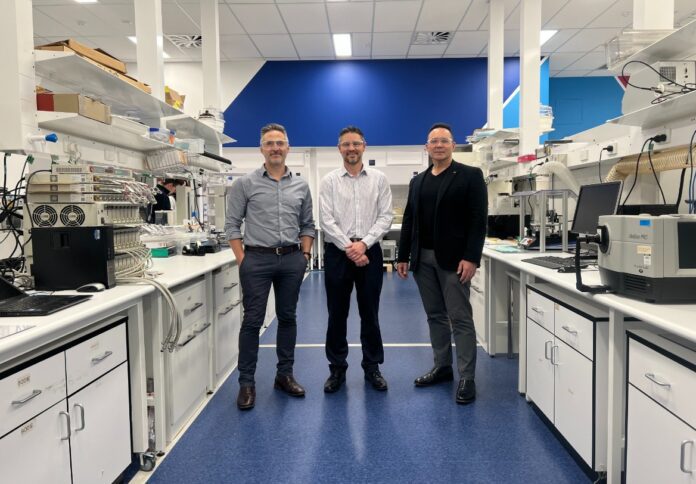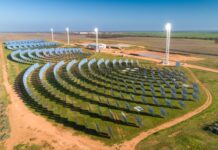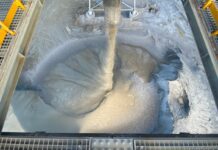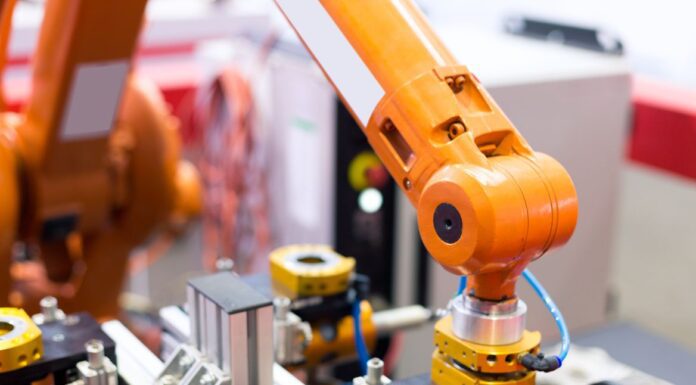
entX, an Adelaide-based clean energy technology company, is set to change the landscape of sustainable energy solutions that will power future space missions through a new partnership between iLAuNCH Trailblazer universities, the University of South Australia (UniSA) and the University of Southern Queensland (UniSQ).
For the iLAuNCH sustainable energy project, UniSA and entX will concentrate on the flow of thermal energy to ensure that spacecraft can endure several nights in conditions where temperatures on the dark side of the lunar surface can drop as low as -180 degrees Celsius.
In the second project with UniSQ, long-term power sources for spacecraft will be commercialised in cases where solar energy cannot be relied upon.
iLAuNCH Trailblazer Executive Director Darin Lovett expressed his delight to announce entX as another Trailblazer partner and program for the space sector.
“Together we are working to commercialise two truly disruptive space energy technologies that will pave the way for global exports and give Australia a sovereign capability to excel on the world stage,” Lovett noted.
In the first initiative with UniSA, entX will prototype a Radioisotope Heater Unit (RHU) enabled technology platform to provide thermal management for multiple lunar night survival.
The RHU will have a longer half-life, making it suited for shorter-duration missions of one to five years, such as tiny payloads flying to the Moon on the developing series of commercial landers.
RHUs have been used for many years in the global space industry to generate internal heat to keep electronics warm in severe settings such as lunar night and deep space, but they normally employ plutonium, which has substantial safety concerns and a complex regulatory process to launch.
Thus, this project will make use of entX’s safer, more ecologically friendly beta-emitting radioisotope, which will have a much easier regulatory approach to launch.
In the second project, entX will create high-performance thermoelectric materials and components for advanced, high-efficiency Radioisotope Thermoelectric Generator (RTG) technology.
This advancement will enable more reliable and constant electrical power for deep space probes, boosting scientific knowledge and our understanding of thermoelectric performance.
RTGs are frequently the only practical alternative for providing long-term power to probes and spacecraft, and their development will benefit space exploration and allied businesses significantly.
“Embarking on an exciting journey towards lunar occupation in the upcoming decades, securing a reliable source of thermal energy solutions is paramount,” said Scott Edwards, entX General Manager of Defence and Space.
He added, “Robust RHUs and RTGs will play a pivotal role in ensuring the safety and effectiveness of lunar surface exploration, including the enigmatic dark side of the moon and the depths of lunar craters.”
Edwards also noted that a step shift in the amount of data collected, processed, and transmitted results from prolonging asset availability during lunar nights by utilising modern energy technologies, which maximises mission ROI.

















